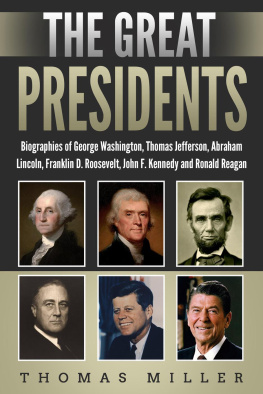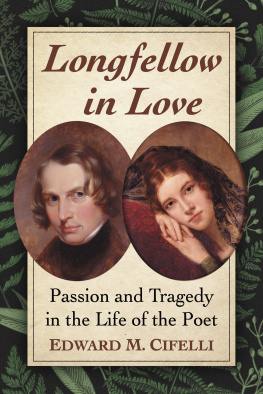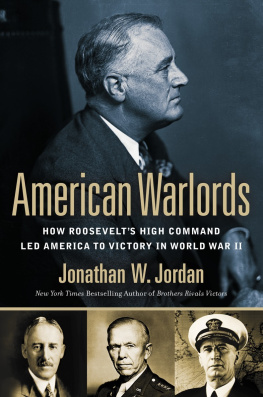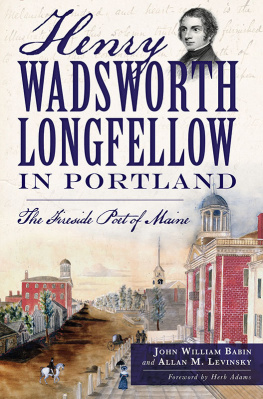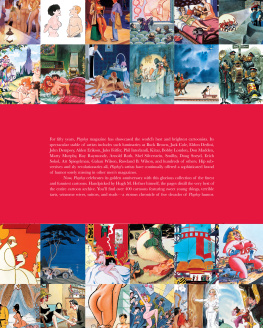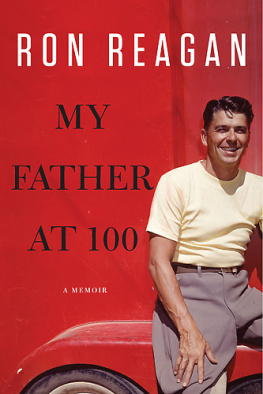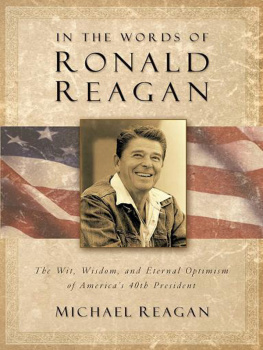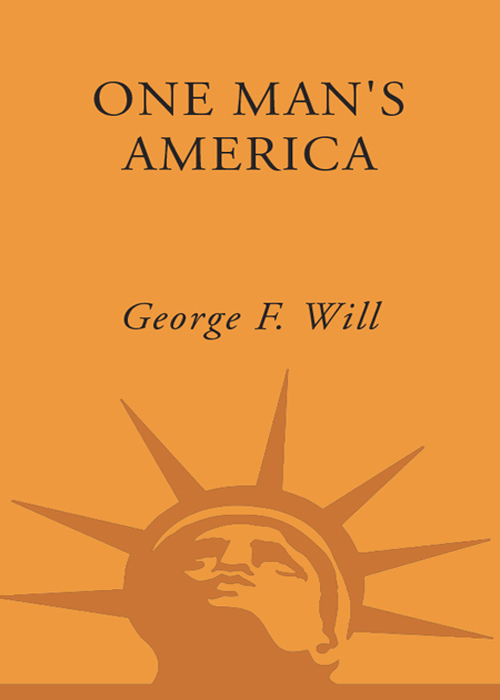
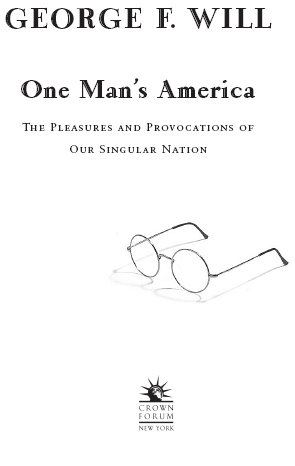
CONTENTS
CHAPTER ONE
PEOPLE
CHAPTER TWO
PATHS TO THE PRESENT
CHAPTER THREE
GOVERNING
CHAPTER FOUR
SENSIBILITIES AND SENSITIVITIES
CHAPTER FIVE
LEARNING
CHAPTER SIX
GAMES
CHAPTER SEVEN
THE GAME
CHAPTER EIGHT
WONDERING
CHAPTER NINE
MATTERS OF LIFE AND DEATH
To the memory of
William F. Buckley Jr.
19252008
INTRODUCTION
A mong the shortcomings of the current administration of the universe is the fact that Alistair Cooke is gone. The British-born journalist, who died in 2004 at age ninety-five, was one of the scarce bits of evidence that there really is an Intelligent Designer of the universe. Cooke lived in this country for sixty-seven years, producing a body of work of unrivaled perceptiveness, affectionateness, and elegance. One of his books, published in 1952, was titled One Mans America. The title of the book you are holding is one mans homage to Cooke.
Living in Manhattan and traveling around the forty-eight, and then the fifty, states, Cooke developed a thoroughly American sensibilitycheerful, inquisitive, egalitarian, droll, and enthralled without being uncritical. His delicate sensibility was apparent in his description of Harold Ross, founder of The New Yorker in 1925 and editor of it until his death in 1951, as a man who winced for a living. Cooke was so well-disposed toward America, and so utterly at home and so exquisitely well-mannered, that he did not wince promiscuously or ostentatiously. Still, wincing is, inevitably, what conscientious social commentators often do, not only in America, but especially in America.
Matthew Arnold, for example, was a fastidious social critic and hence an accomplished complainer. When he died, an acquaintance (Robert Louis Stevenson, no less) said: Poor Matt, hes gone to Heaven, no doubtbut he wont like God. American social critics wince when this country, in its rambunctious freedom, falls short, as inevitably it does, of the uniquely high standards it has set for itself. But different things make different people wince, because sensibilities differ. And nearly four decades of observing American politics and culture have convinced me that, in both, sensibility is fundamental.
That is, people embrace a conservative (or liberal) agenda or ideology, or develop a liberal (or conservative) political and social philosophy, largely because of something basic to their naturetheir temperament, as shaped by education and other experiences. Broadlyvery broadlyspeaking, there are, I believe, conservative and liberal stances toward life, conservative and liberal assumptions about how history unfolds, and conservative and liberal expectations about how the world works. This is one reason why we have political categories like liberal and conservative: People tend to cluster. That is one reason why we have political parties.
This collection of my writings is not designed to recapitulate the large events of recent years. Consider this volume an almost entirely Iraq-free zone. Rather, it is intended to illustrate, regarding smaller (but not necessarily minor) matters, how one conservatives sensibility responds to myriad provocations and pleasures. At a moment when there is considerable doubt and rancor about what it means to be a conservative, perhaps this collection will provide a useful example.
Time flies when youre having fun, and also when youre not. Time is, of course, magnificently indifferent to whether or not people enjoy what occurs as it passes. The first years of the twenty-first century have not been, on balance, enjoyable for Americans. These have been years characterized by a miasma of anxiety about a new and shadowy terrorist threat to security, and a torrent of acrimony about the dubious inception and incompetent conduct of a war that became perhaps the worst foreign policy debacle in the nations history. (Well, I said this book would be an almost entirely Iraq-free zone.)
Lucretius (as translated by Dryden) wrote about the enjoyment people sometimes derive from watching other people in peril:
Tis pleasant, safely to behold from shore,
The rolling ship, and hear the tempest roar.
But Americans have not felt safe ashorenot safe from foreigners who wish them ill, not safe from unusually virulent domestic squabbles. And Americans have not suffered from any insufficiency of journalism and other hectoring. The simultaneous arrival of saturation media (broadcast, podcast, Internet, etc.) and uncivil discourse might be a matter of mere correlation, not causation. It would, however, not be rash to think otherwise.
Anyway, it would be almost impertinent to ask readers to revisit commentary focused on the largest, and painfully familiar, events of these bleak years. I do not do so in this, the eighth collection of my columns, book reviews, and other writings. If, in any given year, more than a dozen of my columns were not about books, I would think that I had not done my job properly. This is because, for all the fascination with new media, I believe that books remain the most important carriers of ideas, and ideas are always the most important news. Hence books themselves are often news.
With this volume, I am taking a different approach. The essays in the first seven were selected and arranged in order to give readers a retrospective tour dhorizon, a look back at the political and cultural controversies of the four or five years from which the writings were drawn. In this volume, I hope to illustrate how one conservatives sensibility responded to disparate people, stories, and events.
In the past forty or so years, conservatism has grown from a small, homogenous fighting faction in an unconverted country to a persuasion at least at parity with liberalism in terms of political muscle and intellectual firepower. In the process, conservatism has become large enough to have schisms, and hence an identity crisis. This volume makes no attempt to distill a coherent political philosophy from episodic writings in response to disparate events. Perhaps, however, the skeleton and ligaments of one conservatives philosophy can be discerned in the response of his sensibility, or temperament, to the people, events, and controversies featured herein. This is, I think, even so (perhaps especially so) when considering the ethics of competition and craftsmanship on what General Douglas MacArthur called the fields of friendly strifethat is, sports.
The basic approach to writing columns and other periodic journalism resembles what used to be the unwritten but understood rules regarding Catholic confession: Be brief, be blunt, and be gone. In commentary, this approach is not optional, because print journalism is governed by two scarcities. One is a scarcity of space: Columnists who cannot get said what they want to say in 750 words should consider another vocation. The other scarcity is of time: Americans are harried, and their attention spans are not lengthening. Increasingly clamorous media, covering an always turbulent world, are constantly tugging at Americans sleeves, urgently saying, Pay attention to this!
Saturation journalism, ravenous for the attention of a jaded and distracted public, ratchets up the hyperbole, like the character in a Tom Stoppard play who exclaims, Clufton Bay Bridge is the fourth biggest single-span double-track shore-to-shore railway bridge in the world bar none. Gosh. One character in the American drama, Richard Nixon, said of the first landing by men on the moon, This is the greatest week in the history of the world since Creation. A friend and supporter, the evangelist Billy Graham, thought that was a bit over the top and notified the president that there had been three bigger events: 1. The first Christmas. 2. The day on which Christ died. 3. The first Easter. Nixon, not exactly chastened but certainly prudent, scrawled a note to his chief of staff, Bob Haldeman: HTell Billy RN referred to a week not a day.
Next page

